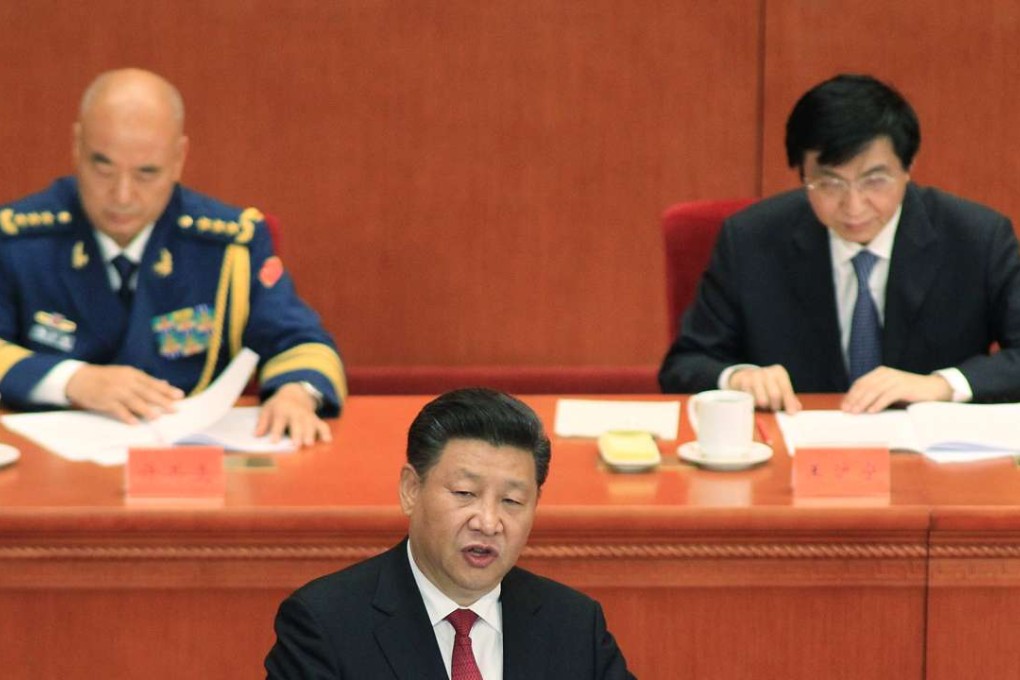Pay cuts for Chinese state enterprises seen as a partial solution to improve governance

The listed units of some major state-owned firms have substantially scaled backed their top executives’ pay packages after Beijing ordered them to slash compensation last year as part of its wider campaign against extravagance, decadence and corruption by officials appointed by the state.
But the drastic cut-back appeared to be limited only among those directly under the administration of the central government and those in nationally strategic industries dominated by one or a few players, giving rise to a huge pay gap between state enterprises of different ownership background.
Although the cutbacks may be a good gesture signalling Beijing’s resolve at addressing complaints that the state’s dominance in certain industries has created the environment for state enterprise bosses to abuse their positions for making personal gains, it has barely scratched the surface in necessary reforms, analysts said.

“One could argue slashing fat pay cheques to bosses in monopolistic industries is reasonable because chances are their companies may be making profits not because of their effort but rather thanks to their market dominance,” Beijing University of Technology economics professor Hu Xingdou told the Post.
“But cutting salaries is one thing, more importantly, we need to address the root cause that allowed certain senior managers to abuse their special positions and gain access to inside information to make personal gains [on top of their official remuneration].”